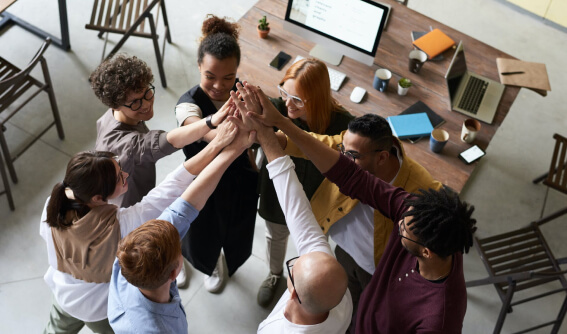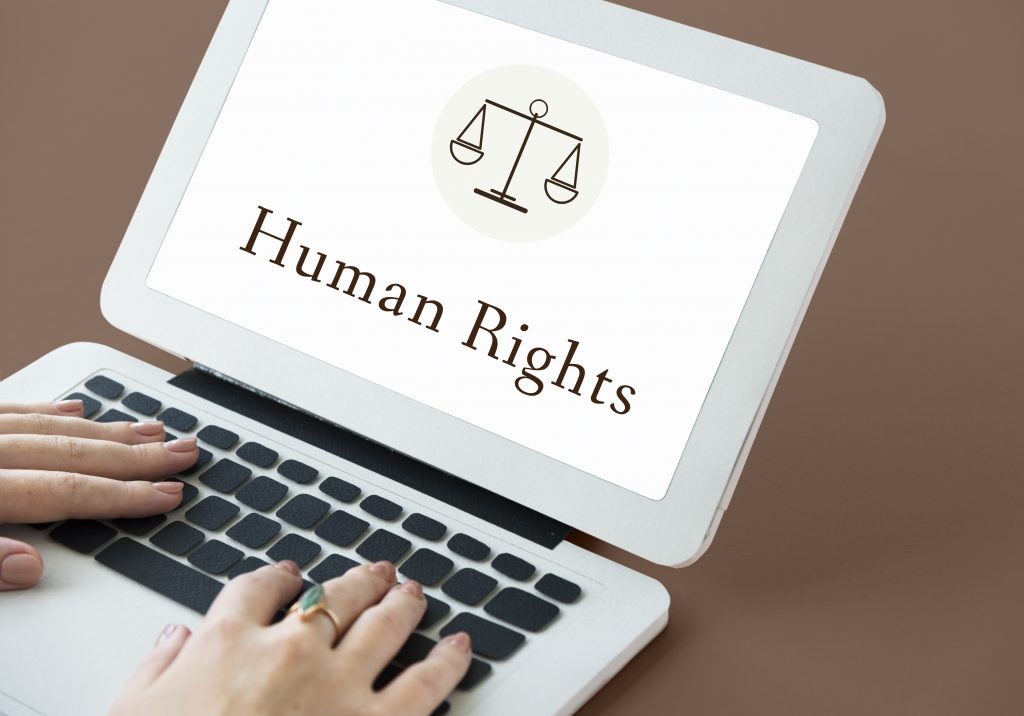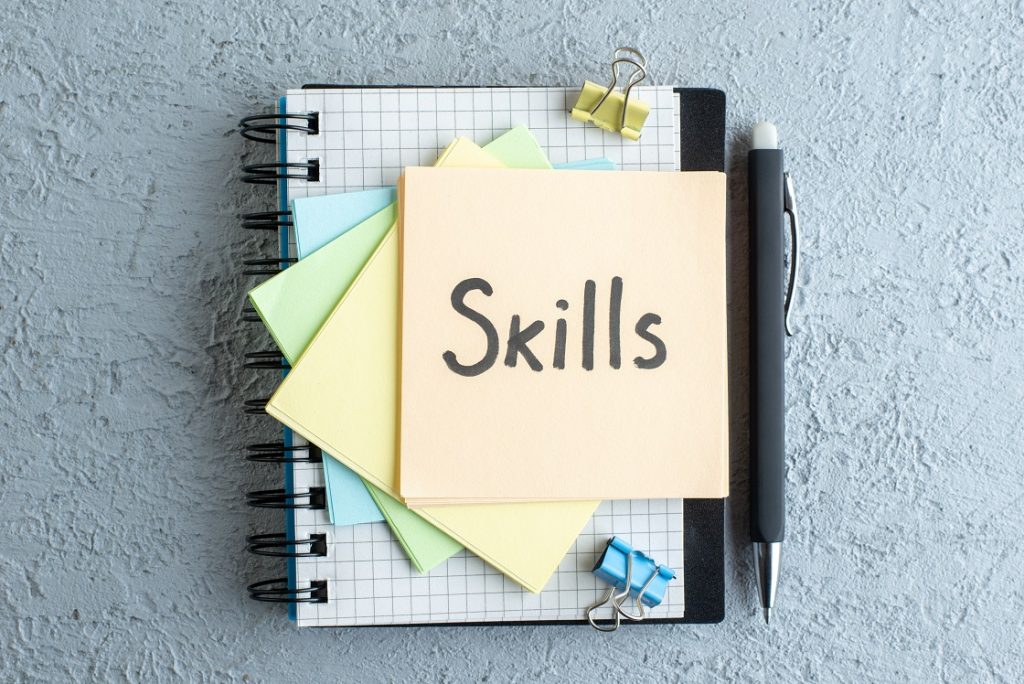


The project
The consortium is composed by 6 partners (from 4 continents) with different background and specialization, already active in sustaining and offering support to disadvantaged youth but they need more refined skills and tools to overcome the lack of central support.
The project contributes to the personal and professional development of NGOs and YOUTH OPERATORS working in the participating countries, offering them the possibility to increase their ICT skills and their ability to support disadvantaged youth in the learning process of basic ICT skills. Youth organizations and NGOs lack the technical competency but they already have well-grounded competences in offering nurturing environment to disadvantaged youth and offer program that foster transversal skills with non-formal education methods.
During this capacity building experience, they are willing to:
- Increase EDUCATORS abilities and competences, to enable them to foster ICT skills in non-formal education settings, targeting disadvantages youth
- Research and select methods, tools and educational resources tested in the EU that can be shared and adapted for local use with minimum effort and costs
- Research the impact of the proposed items on the participating organizations and their educators
- Find new possibilities to add the new skills and methods in their actual offer, offering a better service to their audiences

The present proposal was born by a conversation between ISP and AREGAI, noticing that more and more in EU projects courses and learning materials are dispensed via digital media. Therefore, educators need to keep up with the different possibilities and techniques of digital environments, in order to be ready to offer engaging environment to youth. On the other hand, we are only addressing youth that have the means to be enrolled in a University or college (as in ISP case) or that grow up in an environment that allow them to have a smartphone and efficient internet connection.
Many organizations use social media to engage and inform their audiences, student and young people. ISP and AREGAI, started to reflect about the use of that strategy in other areas of the world. As mentioned, it is evident that even within the EU there are huge differences among different countries, but we know little on the situation on youth organizations in NON EU countries. Thus, the 2 promoters decided to start this partnership in order to have a better idea on the actual international situation. Simultaneous, the partners want to offer the participating organizations the possibility to share their experience, learn from each other and create together something that can be used in their communities and area of action to foster youth digital and ICT skills.
The participating organizations are already active in sustaining and offering support to disadvantaged youth but they need more refined skills and tools to overcome the lack of central support. While setting up the consortium the partners listed the following as the main needs: understand the key elements of digital competence, how to embed them in non-formal activities, how to check if their young audiences achieve them, what can be used as support for assessment, and how their educators can get more information and support and so on… in order to have a better idea on how ICT/ digital skills and competences are spread around the world (or lack of thereof…), the partners decided to start the present consortium, to gain a more precise idea on which techniques can be employed to foster digital and ICT skills in youth, especially in some areas of the world that have great disparities among rural and urban areas, as the ones selected for the project.
Our overall objective of the collaboration is linked to the ET 2020 policy objective of “Promoting equity, social cohesion, and active citizenship – project participants will take part in the activities in the programme that address their personal development, focusing especially on building their self-confidence, improving attitude and behaviour, and enhancing basic skills such as communication, team working, etc.”. With the intended impact on operators and staff in the participating NGOs and organizations, we expect to those operators can provide better training and support to youth in the future.

